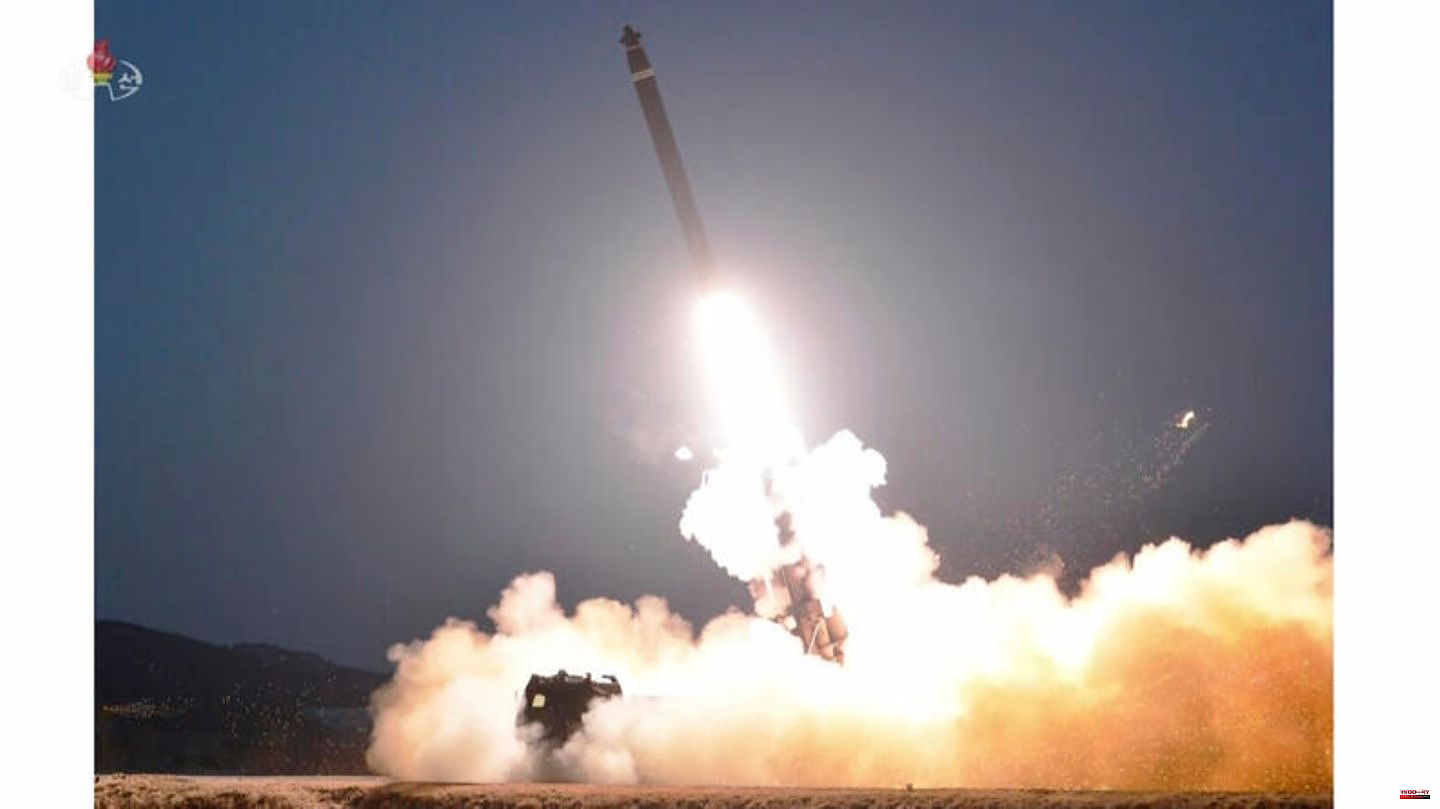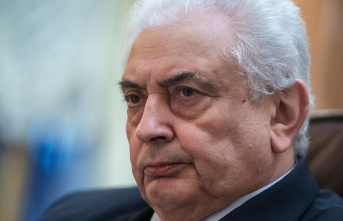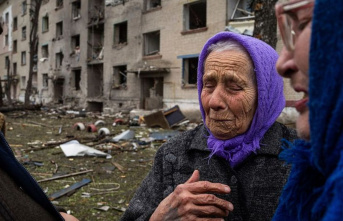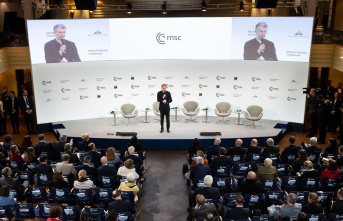North Korea carried out the second missile launch in 48 hours on Monday. According to South Korean information, Pyongyang fired two rockets, according to Japan even three missiles. It was only on Saturday that Pyongyang fired an ICBM, which the federal government and UN Secretary-General António Guterres condemned.
According to the South Korean military, the missiles fired by North Korea on Monday are "two short-range ballistic missiles". They were shot down from the Sukchon area in South Pyongan province. The South Korean military described the missile launches as a "serious provocation" and called on North Korea to stop them "immediately".
Tokyo also confirmed the start on Monday. Japanese Prime Minister Fumio Kishida's office said North Korea had launched "a presumably ballistic missile." The Coast Guard issued an alarm about several projectiles. According to Kishida, Japan will request an emergency meeting of the UN Security Council.
North Korea issued a statement shortly thereafter saying it fired "two shots from 600-millimeter multiple rocket launchers" into the East Sea. The East Sea is also known as the Sea of Japan. Pyongyang said the North Korean army carried out the drill Monday in response to joint drills by South Korea and the United States. According to the state news agency KCNA, North Korea also blamed both countries for the deteriorating security situation.
North Korea's powerful sister Kim Jong Un, Kim Yo Jong, announced in a statement released early Monday that Pyongyang would continue to take "appropriate countermeasures" to moves by Washington and Seoul that North Korea perceives as a threat. "The frequency of using the Pacific as a firing range depends on the behavior of US forces," she said in a statement distributed by KCNA.
Pyongyang had already fired an ICBM on Saturday and later described this as a successful "surprise exercise". The exercise demonstrated Pyongyang's "ability to launch a deadly nuclear retaliation strike." The United States and South Korea held joint air force maneuvers in response to Sunday's missile test.
On Sunday, the German government condemned Pyongyang's launch of an ICBM "in the strongest terms". The rocket launch "is a blatant threat to both the security of our partners in the region and to international security," said a spokesman for the Federal Foreign Office.
UN Secretary-General Guterres also condemned North Korea's launch of an ICBM. Guterres had again asked Pyongyang to "immediately refrain from further provocations," he said through his spokesman Stephane Dujarric.
The military tensions on the Korean peninsula have recently increased drastically. The communist leadership in Pyongyang has repeatedly threatened a military escalation in the region and recently announced that it would expand its own nuclear arsenal "exponentially". In view of the ongoing provocations by North Korea, South Korea and the USA in turn had intensified maneuvers at the end of January












